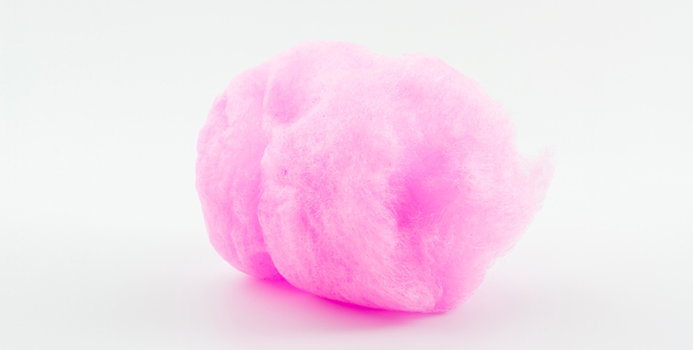Admit it, most things that are packed with sugar taste delicious; that cake you’ve been staring at in the restaurant which is smothered in icing, the chocolate sitting in your pantry that you’ve been saving for a rainy day and that sugary soda you promise to only drink on the weekend. You already know excessive consumption of sugar is bad for your health, which is why most people try to limit it, but what happens when you eat a ton of food packed with sugar?
According to Self, a study from UC San Francisco found that on a cellular level, drinking sugary drinks could age the body as quickly as cigarettes. A high sugar-intake has also been linked to weight gain, it causes an insulin spike to regulate blood sugar, it can make you feel sluggish, lead to tooth decay, and can break down collagen in the skin (among other things). Putting the dangers of high-sugar diets aside, you may also find that the sudden high intake of sugar causes the release of feel-good brain chemicals, as well as a brief burst of energy. The latter is often referred to as a “sugar rush.” And while we are not debating that eating too much sugar is bad for the health (yes, it absolutely is), the thing is, sugar rushes don’t actually exist, and there is no correlation between eating sugar, and our behavior, specifically hyperactivity.
“Sugar does not drive children insane. It has hardly any effect on their behavior at all,” Tom Chivers writes for The Spectator.
The "sugar high" myth dates back to 1940s, when, according to Medium, health officials suggested that eating sweets would cause hyperactivity. This was an attempt to focus the attention away from the sugar shortage of World War II. The sugar high myth gained momentum in the 1970s, when, according to the publication, American allergist Dr. Benjamin Feingold “advocated the removal of food additives to treat hyperactivity in children.” In 1982, the National Institute of Health stated that there was no scientific link between sugar and hyperactivity, and in the decades that have followed, high-quality research has been done to determine whether there was a link between children's sugar consumption and their behavior.
If you were wondering why the myth pertaining to sugar highs still exists, then that can be explained by the placebo effect, Mental Floss reports, as they refer us to Mark Wolraich’s statement in JAMA paper (Wolraich is an emeritus professor of pediatrics at the University of Oklahoma Health Sciences Center).
"The strong belief of parents [in sugar's effects on children's behavior] may be due to expectancy and common association," he wrote.
To conclude: Yes, sugar is bad for us, but as far as “sugar highs” go, according to scientific studies, there is no link between sugar and hyperactivity. That doesn’t mean to say you, or your child, should be eating excessive amounts of sugar, it’s simply a statement on what is a myth, and what is fact.
[Image via Shutterstock]



